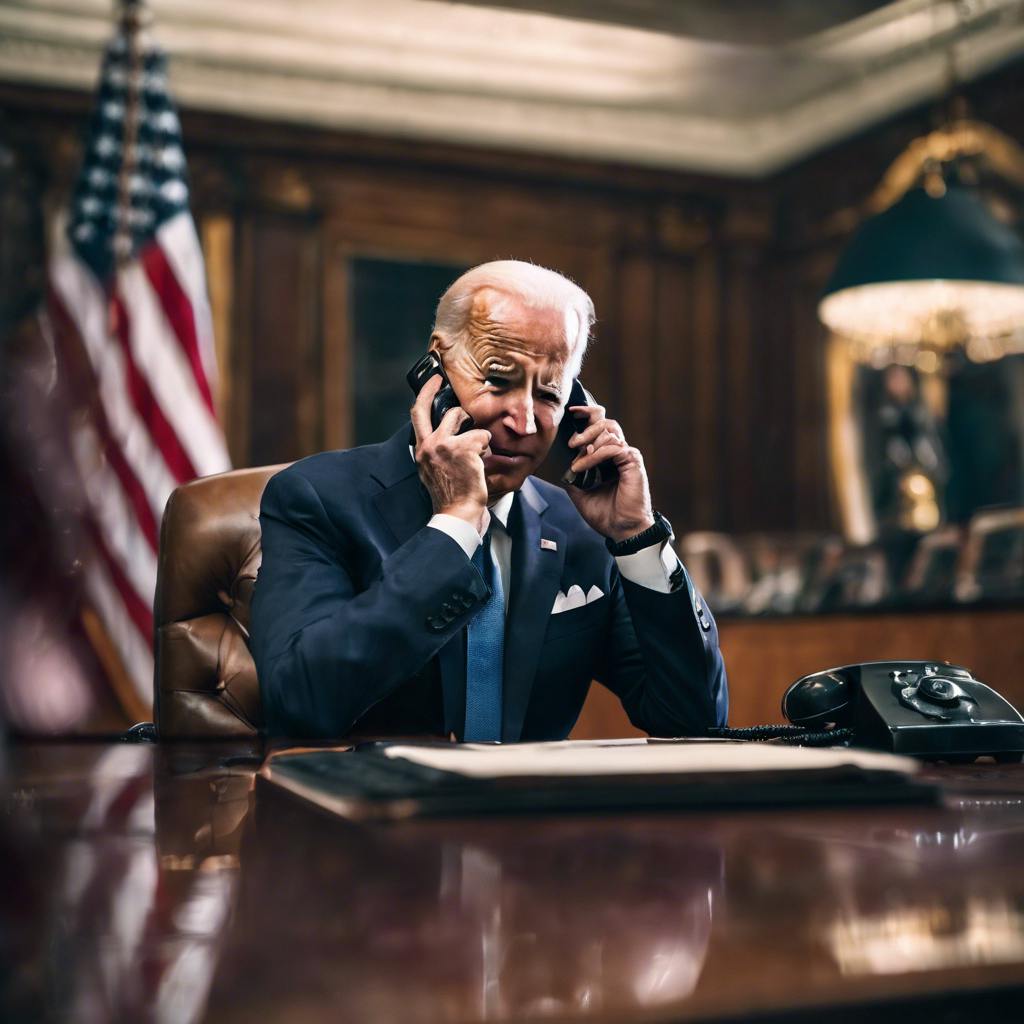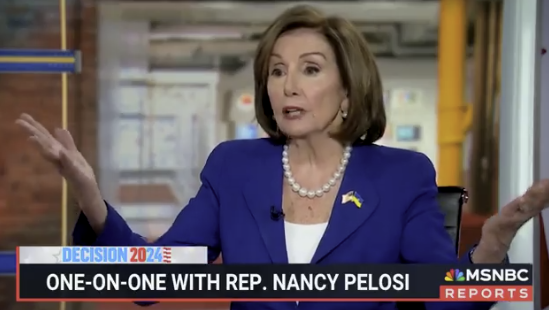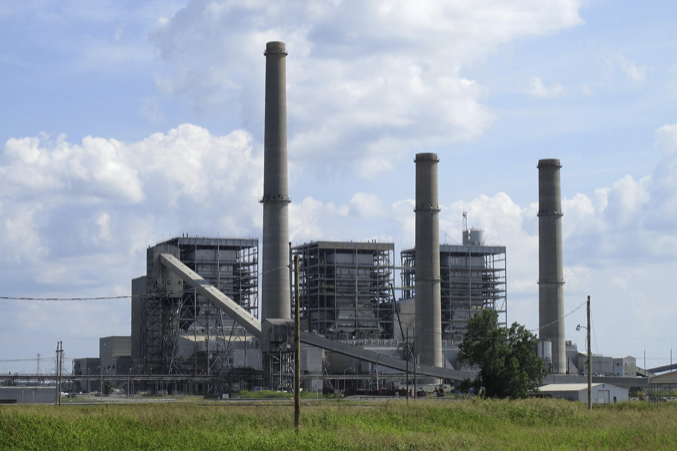In a recent development, President Joe Biden and Chinese leader Xi Jinping engaged in a comprehensive dialogue, covering a range of pivotal topics including Taiwan, the complexities of artificial intelligence (AI), and the ongoing fentanyl crisis. This conversation marks a significant step towards re-establishing a routine of direct communication between the leaders of these two global powerhouses.
Their discussion, the first since their productive encounter in California last November, underscored a mutual commitment to reinvigorate military collaborations and intensify efforts to curb the trafficking of fentanyl and its precursors originating from China.
This engagement sets the stage for a series of forthcoming high-level interactions, with Treasury Secretary Janet Yellen scheduled to visit China shortly, followed by Secretary of State Antony Blinken. Biden is a staunch advocate for regular communication across all levels of government, viewing it as essential to mitigate the risk of conflict between these major economies and nuclear-armed nations. Regular face-to-face leadership meetings are rare, emphasizing the importance of maintaining open channels of dialogue.
During their call, the leaders addressed the situation in Taiwan, particularly in light of the impending inauguration of President-elect Lai Ching-te, who aims to preserve the island’s autonomy and foster closer ties with democracies globally. Biden reiterated the U.S.’s “One China” policy, expressing opposition to any attempts to force Taiwan under Beijing’s control through coercive measures.

The conversation also ventured into the South China Sea’s strategic dynamics, focusing on recent incidents where Chinese operations sought to obstruct the Philippines—a nation the U.S. is treaty-bound to defend—from supplying its forces stationed at the contested Second Thomas Shoal.
Upcoming discussions between Biden, Philippine President Ferdinand Marcos Jr., and Japanese Prime Minister Fumio Kishida at the White House will further delve into China’s regional influence, which is a major concern.
Biden urged China to fulfill its commitments to combat the illicit drug trade and agreed to engage in formal discussions on the potential and challenges of AI technology. This follows a recent global initiative at the United Nations to establish safeguards around AI, which both China and the U.S. supported.
Additionally, Biden highlighted the need for China to abstain from interference in the upcoming 2024 U.S. elections and halt cyberattacks targeting crucial American infrastructure. He also addressed human rights issues, including the oppressive national security law in Hong Kong and the treatment of minority groups, as well as the detention of Americans in China.
The conversation touched on China’s defense ties with Russia amidst the ongoing conflict in Ukraine and the necessity for China to leverage its influence over North Korea to curb its nuclear ambitions.
As the leaders of the world’s leading economies, they discussed economic practices and technology transfers, with Biden emphasizing the U.S.’s determination to safeguard its interests.
Secretary Yellen’s impending visit to China for bilateral discussions signifies an effort to address economic imbalances, including China’s impact on the global green energy market.
Amid concerns over TikTok’s Chinese ownership and its implications for U.S. security, Yellen’s role in overseeing foreign investments will be critical in navigating the platform’s future in the U.S. market.
This dialogue between Biden and Xi represents a crucial moment in U.S.-China relations, highlighting the intricate balance of cooperation and competition that defines the bilateral relationship amidst global economic and security challenges.
In the grand tapestry of global politics, the recent dialogues between President Joe Biden and Chinese leader Xi Jinping have been met with a healthy dose of skepticism from our Puppet Nation. While the conversations dance around topics of mutual concern, from AI to fentanyl, and from Taiwan to cybersecurity, there’s a lingering doubt in the minds of many Americans about the true motivations behind China’s polished diplomatic facade. The distrust isn’t solely reserved for across the Pacific; there’s a growing concern that the priorities of Biden, Yellen, and their administration may not fully align with the core interests of the American people.
The narrative pushed by Secretary Janet Yellen on addressing economic imbalances and championing the green movement raises eyebrows. It prompts a crucial question: whose balance are we talking about? In a world where everyday Americans grapple with rising living costs, the focus on green energy, while important, doesn’t directly address the immediate economic pressures facing Joe Public. There’s a palpable disconnect between the high-level economic strategies being pursued and the kitchen-table issues that matter most to the average citizen. This gap only fuels the perception that the administration’s priorities might not be in lockstep with the needs and concerns of the American populace.
Puppet’s Points: Where the Rubber Meets the Road
- Trust but Verify: In dealing with China, a healthy dose of skepticism isn’t cynicism—it’s common sense. Trust is earned, not given, and history has shown that Beijing’s commitments need to be taken with a grain of salt. The same scrutiny applies to any diplomatic endeavor, especially those that impact our national security and economic sovereignty.
- Alignment or Misalignment? The disconnect between the administration’s economic diplomacy and the everyday concerns of Americans couldn’t be starker. While green energy and battling economic imbalances are noble goals, they must not overshadow pressing domestic needs. It’s high time our leaders ensure their compass points in the same direction as the people’s.
- Green Today, Gone Tomorrow? Championing the green movement is commendable, but it shouldn’t be a smokescreen that obscures other urgent issues. Economic stability, job security, and national sovereignty must also sit at the top of the agenda. Balancing environmental aspirations with economic realities is the tightrope walk our leaders must navigate.
In conclusion, as Puppet Nation watches these developments unfold, it’s crucial that we remain vigilant, question the narratives being presented, and demand that our leaders prioritize the welfare and interests of the American people above all else. Remember, Puppet Nation, the fleece stops here, and so does our acceptance of diplomacy that doesn’t squarely align with American values and priorities.








Leave a Reply